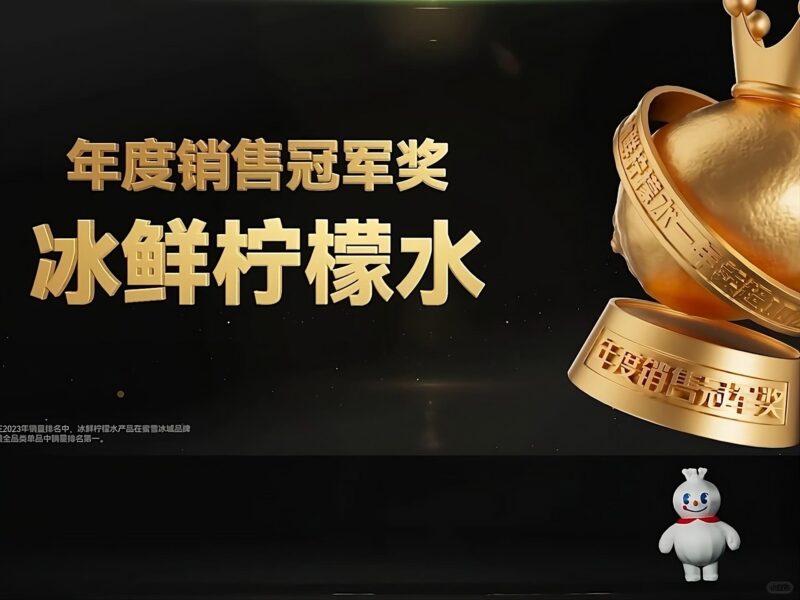Recent disclosure by the Hong Kong Stock Exchange revealed that Ximalaya, the audio service platform, has sent another prospectus, this one with Goldman Sachs, Morgan Stanley, and CICC as joint sponsors. Ximalaya’s IPO journey spans three years, beginning in May 2021 when it filed its IPO application with the U.S. Securities and Exchange Commission. Following the significant decline of Chinese stocks in the U.S., Ximalaya quickly pivoted to Hong Kong, submitting two IPO applications in September 2021 and March 2022. This marks Ximalaya’s fourth attempt, comparable to climbing the Himalayas.
Ximalaya was established in Shanghai in 2012 and boasts a diverse group of stakeholders, including strategic investors such as Tencent and Xiaomi, and financial investors from renowned domestic and international investment organisations like the U.S. Pan-Atlantic Investment Group and Goldman Sachs. As China’s largest online audio platform, Ximalaya is ranked in the newly released Global Unicorn Index 2024 with a valuation of 23.5 billion RMB (approx. 3.24 billion USD).
The most recent prospectus showed Ximalaya’s 2023 income to be 6.16 billion RMB (approx. 0.85 billion USD), a turn from loss to profit. Ximalaya also saw a 9.3% YoY increase in terms of user base, with an average of 303 million monthly active users across all scenarios and 133 million monthly active users on mobile in 2023.
Ximalaya’s platform revenue is made up of four parts: subscriptions, advertising, livestreaming, and other innovative products and services. Podcasts and other examples of the “Sound Economy” have become a trend in recent years, drawing brands and marketers including Anta and LV to start their own audio programs or audio-related marketing campaigns.
The online audio industry competition is intensifying with the rise of the ‘Sound Economy’. When Ximalaya’s competition with direct rivals Lizhi and Dragonfly FM intensified, the introduction of big firms like ByteDance, Bilibili, and Tencent only further fueled industry competition.
Ximalaya has obtained the audio copyrights to many film and TV drama originals as a competitive advantage. During the trend of “Joy of Life 2”, an average of 390K people visited the platform daily to listen to the original works, with member orders increasing by 143.77% year-on-year and search activity on the platform reached a record high. Users developed certain behavioural habits, coming to Ximalaya to listen to the grand finale of the production in advance.

In the prospectus, Ximalaya highlights the application of AI technology. Currently, the platform extensively uses Automatic Speech Recognition, Text-to-Speech, and other technologies in the production of Pingshu, News, Novels, etc. Ximalaya has also established the Qomolangma Lab, developed the ‘Qomolangma Audio AI Model’, and launched AI-driven audiobook and podcast production.









